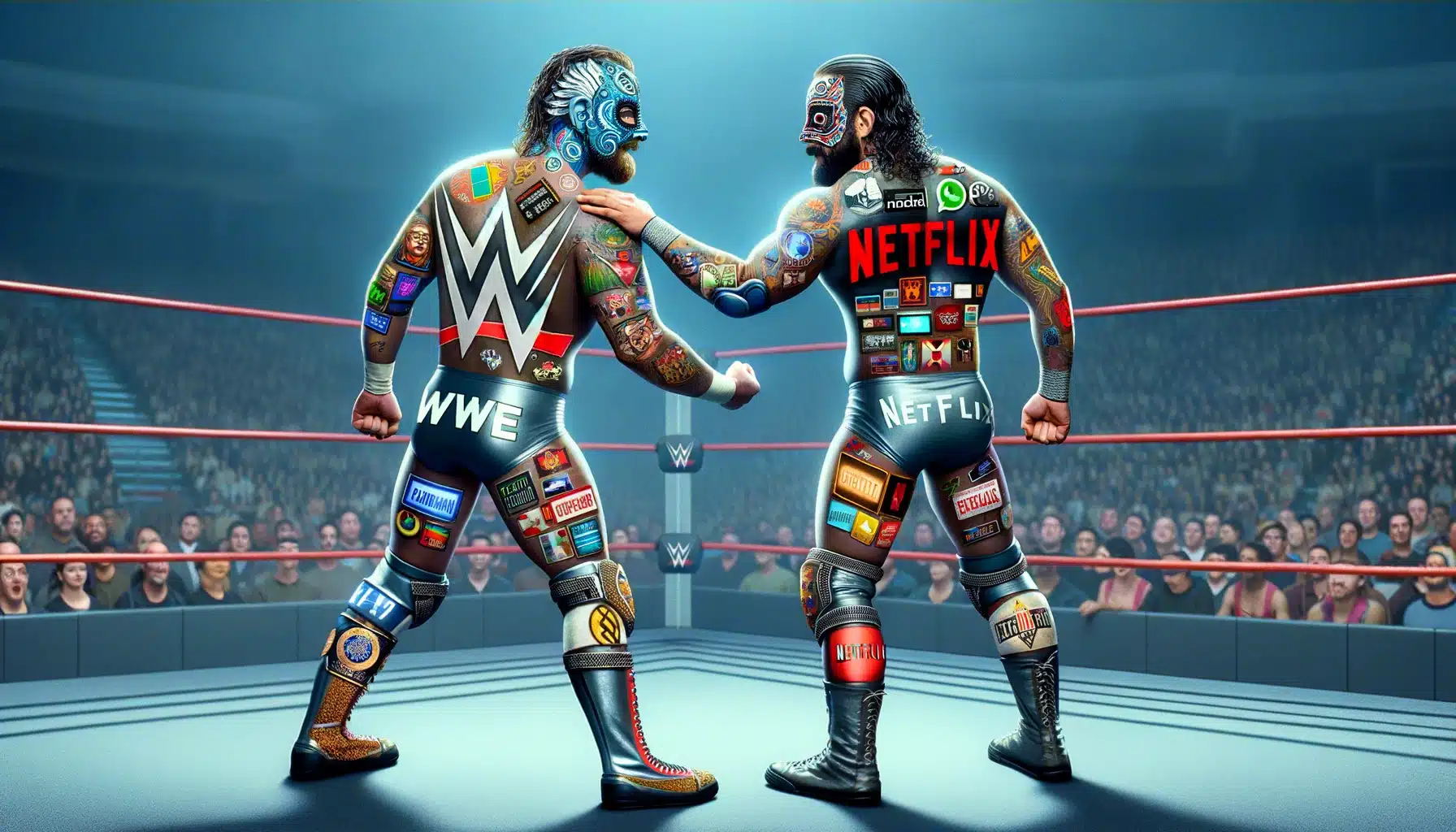
Netflix Inc. (Netflix Stock Quote, Chart, News: NASDAQ:NFLX) may have made a lot of investors happy over the past couple of years, but its sky high valuation is a legitimate cause for concern. To a lesser extent, the same goes for its tech sector buddies like Facebook and Apple, says Cameron Hurst of Equium Capital Management who advises that if you’re worried about a turn in the market, you may want to jump into an ETF which supplies more broad-based coverage within tech.
So far, Netflix has had a stellar year, hitting a new high of $369.83 last week, while producing a remarkable 85 per cent return in 2018. In April, the streaming content giant posted first quarter revenues that came in above expectations and over seven million new customer adds, also above the consensus estimate. The company reported an EPS of US 64 cents on a topline of $3.7 billion for the quarter, with guidance for Q2 predicting even larger revenue and EPS.
If that weren’t enough, Netflix recently became the most valuable media company in the world by surpassing Disney in market capitalization.
But while Netflix’s share price may still have room to grow, fears of a market-wide slowdown are becoming more common, and understandably so, says Hurst, who spoke to BNN Bloomberg and compared Netflix to Facebook and Apple.
“Frankly, [Netflix] has been an absolute hero,” says Hurst. “but you’re looking at 40, 50, 60 times earnings. The valuation is monumental.”
“If you think that we’re closer to the end of the cycle, you’re probably going to do a little better with something that’s got half the multiple. At the same time, all of those are going to be cyclically exposed,” he says.
Netflix co-founder Marc Randolph recently spoke about the success of the company he left in 2004, saying that being as innovative as Netflix has been will always comes with a degree of risk.
“Even now there’s a healthy dose of paranoia [within Netflix],” says Randolph in conversation with Macleans, “and there should be. Every time you scale one little hill, you wake up and realize all you did was scale a little hill, and there’s another one ahead of you. That never goes away.”
“There was a major turning point quite early, when we transitioned from being a company in search of a repeatable and scalable business model, to one that actually discovered something which customers were actually willing to pay us for,” says Randolph. “Once we discovered that, we weren’t lurching from idea to idea trying to stay alive – we were onto something. That’s when a company begins to take off.”
Hurst says that as an investor, mitigating risk is always a good thing, especially when the market appears ready for turn bearish.
“If you wanted to take a little less idiosyncratic risks but still participate [in tech] on the software and services side, there’s an ETF called IGV. It participates really well and it will certainly insulate you better than individual names like Facebook or Netflix, when and if the cycle turns,” says Hurst.
Leave a Reply
You must be logged in to post a comment.





 Share
Share Tweet
Tweet Share
Share




Comment